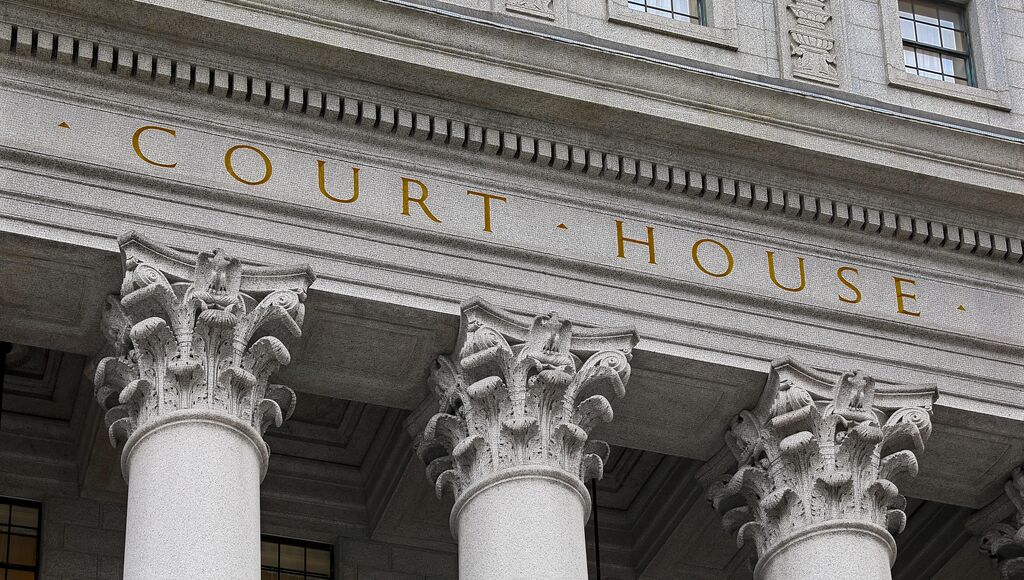
Suspended enforcement of the U.S. Foreign Corrupt Practices Act (FCPA): No carte blanche for foreign bribery – implications for Swedish and Finnish companies
Insights|June 6, 2025
In February 2025, President Trump issued an Executive Order instructing the U.S. Department of Justice (DOJ) to suspend enforcement of the Foreign Corrupt Practices Act (FCPA) until August this year, pending a review of its application. While this shift may signal a change in U.S. enforcement priorities, it does not eliminate legal risks relating to foreign bribery for companies operating internationally.
Enacted in 1977, the U.S. Foreign Corrupt Practices Act (FCPA) has been a cornerstone of global anti-corruption enforcement, prohibiting companies and individuals from bribing foreign officials to obtain or retain business. The FCPA applies extraterritorially to violations by non-U.S. companies where a U.S. nexus exists – such as the use of U.S. email servers, dollar-denominated transactions, or business meetings on U.S. soil. Non-U.S. companies have faced DOJ-led investigations and entered into significant settlements to avoid facing prosecution in U.S. courts for FCPA violations. This broad reach has incentivized companies with international operations to implement robust internal anti-bribery controls.
The FCPA remains in force with a broad reach even during the review
While the White House’s instruction to the DOJ to review the application of the FCPA and suspend enforcement until August this year (extendable by another 180 days) may appear to offer some breathing room, it should not be interpreted as a safe harbor. FCPA enforcement risks persist, for the reasons outlined below.
First, pending the outcome of the review, the FCPA remains in force as a binding statute. The Act has a five-year statute of limitations (extendable by three years), meaning that misconduct taking place during the period of suspended enforcement may be subject to enforcement for several years, including during the next presidential administration.
Secondly, while the review is ongoing, the DOJ retains discretion to pursue cases subject to authorization by the U.S. Attorney General. Among the stated aims by the White House with the review is to refocus enforcement on foreign bribery that facilitates the operations of transnational criminal organizations, including drug cartels. It appears likely that an exemption from the suspended enforcement may be granted to allow enforcement of cases that align with this focus area. Determining whether a specific payment that constitutes an illegal bribe under the FCPA facilitates such activity may be inherently uncertain. For example, a bribe to a customs official who is linked to a criminal network may fall within this new focus – but such connections are rarely transparent, and companies may not know of them until it is too late. It should also not be excluded that the DOJ could be instructed to pursue cases involving bribery in countries that the Trump administration has targeted politically, including during the review.
Enforcement risks outside the United States remain and are expected to increase
In addition to the continued FCPA enforcement risks, existing and forthcoming legislation in other jurisdictions, as well as expected increased enforcement efforts, provide reason to remain vigilant.
From a local perspective, under Swedish law a corporate fine can be imposed on a company that has failed to take reasonable action to prevent a foreign bribery offense, or where such offense has been committed by an executive or employee in a leading or supervisory position.
Furthermore, the requirements imposed in terms of companies’ compliance standards and third-party due diligence are expected to increase in view of expected forthcoming legislation and an increased focus on anti-bribery enforcement, as outlined below.
In Sweden, a government review of the national anti-corruption framework is underway. One proposal under consideration is to criminalize the provision of funds in foreign transactions where circumstances indicate that the funds may be used for bribery. Something that could potentially fall within the scope of corporate liability in that context is making excessive payments to cover expenses reported by foreign sales agents, without having or requesting any insight into the nature of such expenses.
At the EU level, the European Parliament is expected to vote on a new Directive on Combating Corruption, potentially during 2025. The directive aims to harmonize definitions of corruption-related offenses across Member States, strengthen enforcement, and introduce minimum rules on sanctions. It is meant to replace outdated frameworks and align EU law with international standards, further raising the bar for corporate compliance.
In parallel, global enforcement relating to foreign bribery is treated as a focus area in a variety of jurisdictions where many Swedish and Finnish companies operate or do business. In March 2025, enforcement authorities in the UK, Switzerland and France launched a new International Anti-Corruption Prosecutorial Taskforce, signaling continued global scrutiny of foreign bribery.
Internal anti-bribery controls and a strong compliance culture are a long-term investment
It takes time to build effective internal controls and a culture of integrity, but they can be quickly undone. Companies that scale back compliance efforts today may face significant legal and reputational risks tomorrow. The legal landscape is clearly shifting – but not in a direction that rewards complacency.
Continue reading in Dagens industri (In Swedish).